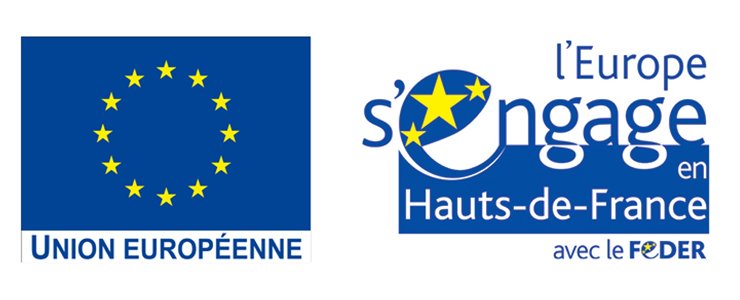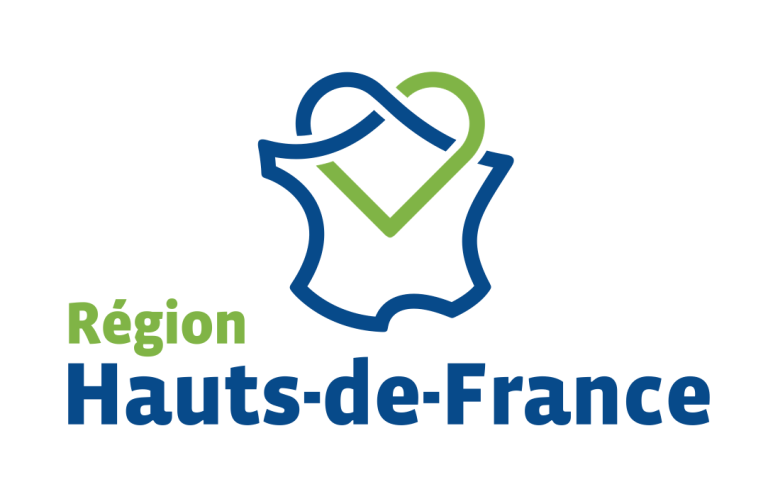As part of the European REACT-EU recovery program that followed the health crisis linked to COVID-19, INFINITE obtains nearly 350,000 € in funding to continue its research into the inflammatory complications of COVID-19.


As part of the European recovery plan to deal with the consequences of the health crisis, an amount of 47.5 billion current euros has been allocated to the 2014-2020 cohesion policy programs under a new initiative " REACT-EU”, at the level of the European Union.
In this context, INFINITE and CIIL have submitted a project entitled Covid-19 Inflammation Infection (Covid 2I).
For the inflammation part, INFINITE obtained funding of nearly 350 k€ to finance 2 major projects:
- Project 1: Characterize the acute innate and adaptive immunoinflammatory response during COVID-19, describe its kinetics and evolution as well as determine its mechanisms
The objectives are:
- 1- the study of the functional evolution of the cellular players of innate immunity (monocytes, neutrophils and eosinophils) during the disease;
2- the determination of the qualitative and quantitative evolution of soluble factors of inflammation during the disease (cytokines, complement factors), and
3- characterization of the cellular players in adaptive immunity (B and T lymphocytes) depending on the severity and evolution of the disease.
These objectives will allow the documentation in a more complete and dynamic manner of the evolution of immuno-inflammatory disturbances contributing to the poor outcome of patients. The deliverables are: 1) study of monocyte kinetics (M1, M2) and quantification of FcgammaR and IFNAR, quantification of immature neutrophils (functional defect), evaluation of circulating activated eosinophils; 2) kinetics of circulating cytokines and quantification of complement activation, and finally 3) a precise analysis of the number and activation phenotype of T, B and NK lymphocytes in the patients' blood. All of these parameters will be correlated with the severity of the disease. These data will allow a better characterization of T-cell lymphopenia and eosinopenia during infection and the evaluation/validation of their prognostic value of progression towards a severe disease. An original diagnostic test, evaluating specific anti-SARS-COV2 T cell immunity, will also be developed and validated on this project.
- Project 2: Describe and characterize acute lung injury during COVID-19 as well as study the impact of therapeutic modulation by analyzing epithelial and fibroblastic modifications during the infection
COVID-19 is characterized by a major risk of pulmonary fibrosis.
The pathophysiology of this fibrosis occurs from the first acute stages in intensive care. The objectives are to study, using omics (proteomics/transcriptomics) and multiplex approaches, the impact of LBA from COVID-19 patients in intensive care on pulmonary epithelial and mesenchymal cells. In terms of therapeutic approach, we will test the action of acute immunomodulatory treatments in vitro:
- Task 1 biomolecular signature of the severity of acute lung injury during COVID-19 by analysis of patient LBA
- Task 2: effects of LBA from COVID-19 patients hospitalized in intensive care on pulmonary fibroblasts and epithelial cells
- Task 3 Therapeutic modulations